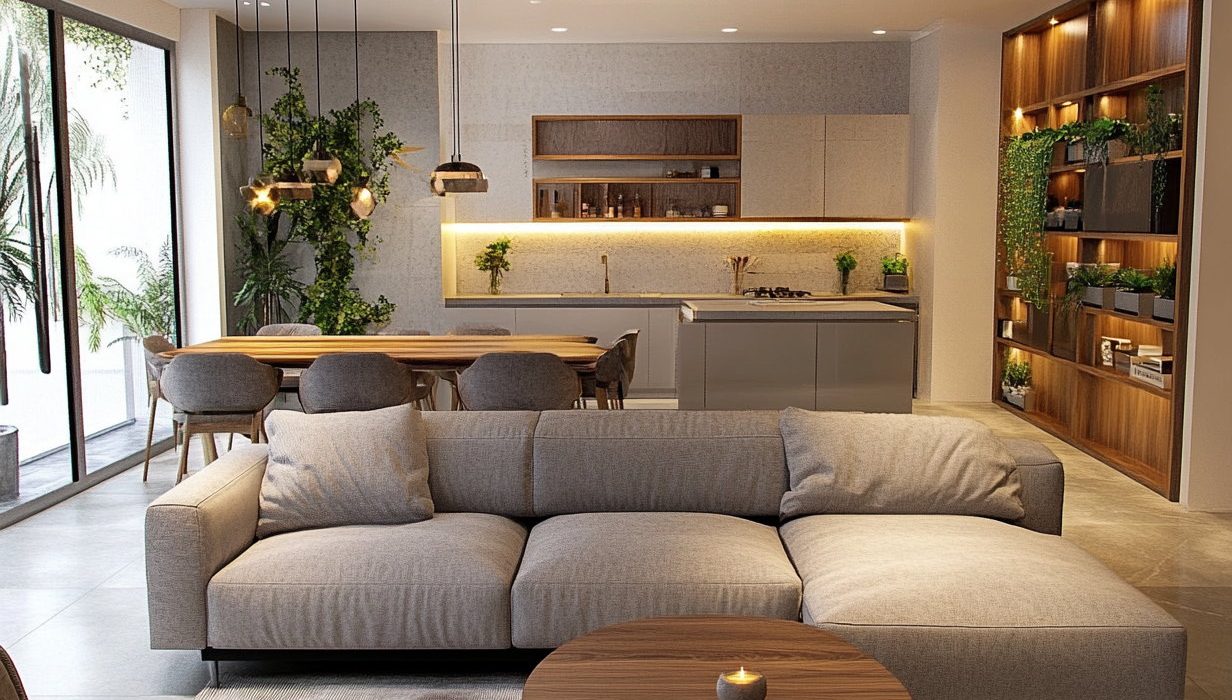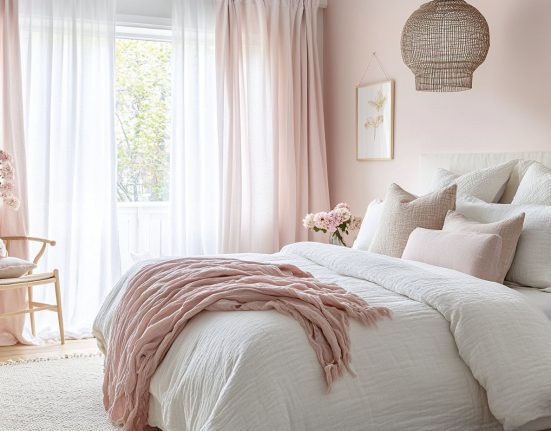Furniture today balances adaptability, technology, and sustainability to support modern living in Indian homes. Check out these 7 trends including modular designs, ergonomic solutions, and personalised technology integration and shape how you live and interact with your interiors.
Your home is your haven that embraces the true you, a place where everything reflects your personality, power and passion. Therefore, the products you use should also adapt to your lifestyle and needs. As Indian homes change to fit modern lifestyles, furniture is no longer just about how it looks. Instead, it is designed to be more practical and flexible.
Your furniture should be able to adjust to different needs, like changing shape or size to fit a room better. It should also include smart features that can connect with technology, such as desks that can be raised or lowered automatically or chairs that monitor your posture, says Lalitesh Mandrekar, General Manager, Design at Interio. “The goal should be to use furniture that works well with everyday life, making your home more comfortable and efficient without losing style. Design today is about creating adaptable, intelligent environments that improve how you live,” he says.
Functionality meets design:
The rise of multifunctional and tech-improved furniture reflects changing living patterns in urban Indian homes. “There’s a growing need for solutions that maximise space and utility, whether transforming a room or combining several functions into one piece. This shift encourages more dynamic living spaces that adjust throughout the day,” says Mandrekar.
Smart living for smart lifestyles:
As convenience and connectivity become priorities, several key trends are shaping furniture design for the future. “The aim is to design environments that evolve with your lifestyles, balancing form and function,” he says.
Mandrekar shares 7 latest trends in home furniture trends you must keep in mind:
- Smart furniture that adapts: Motorised height-adjustable desks and recliners with health tracking or massage features respond to users’ preferences in real-time. These reduce the need for multiple pieces, helping optimise space.
- Modular solutions for changing needs: Rigid room layouts are being replaced by modular furniture that can be rearranged easily. Examples include sectional sofas with detachable parts and expandable wardrobes, allowing rooms to serve different purposes.
- Seamless tech integration: Combining natural materials like wood or metal with wireless charging pads, Bluetooth speakers, or voice-control systems creates connected living environments without compromising tactile quality.
- Sustainability meets smart design: Furniture increasingly includes recycled materials, water-based finishes, and durable construction, reflecting a growing awareness of environmental concerns.
- Ergonomics for hybrid living: With homes doubling as workplaces, ergonomic furniture supports posture and comfort while maintaining clean aesthetics. Cable management and sleek designs help minimise clutter.
- Plug-and-play smart kitchens: Modular kitchens with interchangeable appliances and smart storage systems adapt to different cooking styles and space constraints while maintaining a harmonious design.
- Personalisation through technology: AI and data-driven design allow furniture and lighting to be customised to personal preferences, blending cultural elements with modern functionality. For example, a living room where the lighting automatically adjusts based on your daily routine; bright and energising in the morning, warm and calming in the evening.







